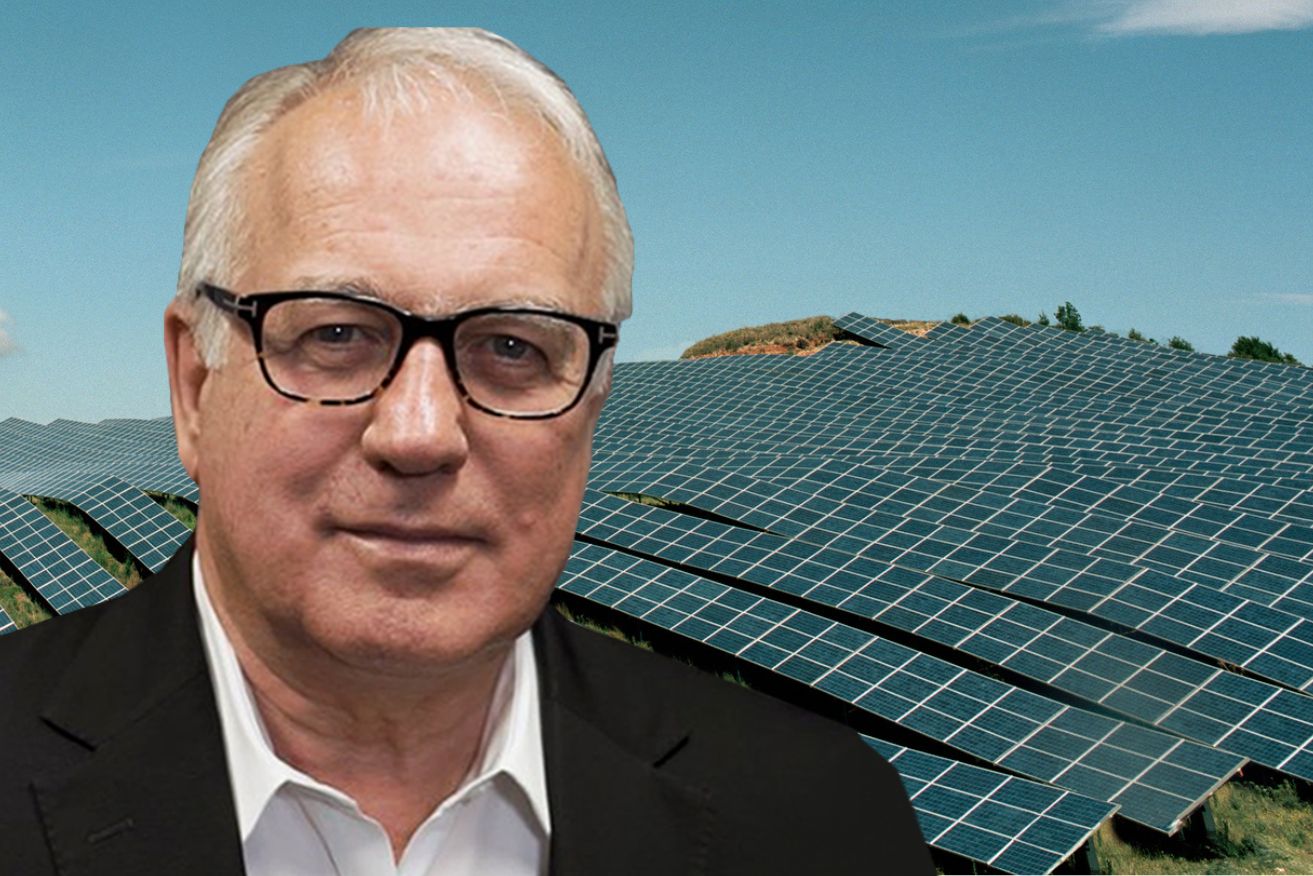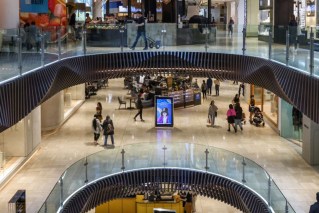Alan Kohler: For a local solar industry to restart there would have to be tariffs


Australia should probably forget about making solar panels, writes Alan Kohler. Photo: TND/Getty
If the Albanese Government is serious about getting solar panels made in Australia again, it had better start thinking about tariffs … big ones.
Solar manufacturing is a terrible business. The only way to make any money is through enormous scale and cheap labour, neither of which Australia has, or by forcing your citizens to buy expensive locally made ones.
A week and a half ago, Prime Minister Anthony Albanese trekked to the Hunter Valley with no less than five ministers, to announce Solar Sunshot, a $1 billion programme that they said would “supercharge Australia’s ambition to become a renewable energy super power at home and abroad”.
“We can be either scared of the future”, declared the PM before the cameras, expansively, arms out, “and tread water like we did under the previous decade, or we can seize the opportunities that are there from the transition to net zero.”
The opportunities will be seized through “subsidies and grants”, according to the press release, and the Australian Renewable Energy Agency (ARENA) has been commissioned to design the programme with industry, which will be only too happy to help it find ways to relieve taxpayers of $1 billion.
The aim of any subsidised local solar panel manufacturer would be to eke out some of China’s 99 per cent market share.
It’s a bit hard to pin down exactly how much money the Chinese government has ploughed into achieving its current world solar domination, but it looks like it was US$70 billion in 2022 and US$130 billion in 2023, or more than A$300 billion over two years – 300 times what the Australian Government is planning to spend.
There is more than a little irony in all this, as well as the obvious futility.
The first Chinese manufacturer, Suntech, was started by a young engineering graduate from Shanghai named Shi Zhengrong who learned the trade in Sydney in 1989 as a foreign-exchange student. A University of NSW research team was doing world-leading work in solar cell efficiency at the time, and invented a cell design that would later become the global standard.
Shi studied with the team at UNSW, completed a PhD, and then moved back to China in 2000 to start Suntech. He told the ABC: “I’ve been asked many times, why did I start the business in China, not Australia? I really didn’t have much confidence in running a business over there. Also the cost of labour in Australia is fairly high.”
At that time, the largest solar manufacturing plant in the Southern hemisphere was at Sydney’s Olympic Park, owned by BP Australia. In March 2009, BP closed it, and there was an exodus of renewable energy manufacturing at the same time: wind power company Vestas closed an Australian facility in 2008, and solar thermal manufacturer Ausra moved from NSW to California.
Now we’re throwing $1 billion to get it going again two decades after China’s industry started with Australian research and now with 300 times as much money being thrown at it by the People’s Republic.
Meanwhile, US Treasury Secretary Janet Yellen was in China over the weekend to try talk them out of flooding the world with cheap solar panels, or as she put it in a press release announcing the trip, “pressing Chinese counterparts on unfair trade practices and underscoring the global economic consequences of Chinese industrial overcapacity”.
In an interview with the Wall Street Journal before she left, she said: “we don’t want to be overly dependent and they want to dominate the market. We’re not going to let that happen.”
“People like me grew up with the view: If people send you cheap goods, you should send a thank-you note. That’s what standard economics basically says. I would never ever again say, ‘Send a thank-you note.’”
There is a solid, orthodox economic argument in favour of the thank you note, encapsulated on Twitter by senior fellow at the Carnegie Endowment and long-time China analyst, Michael Pettis, who responded thus to Yellen’s interview: “People are not just consumers. They are also producers, and the extent to which they can consume does not depend on how cheap consumer products are, but rather on how much they produce.
“Economists are learning that cheap goods delivered through massive trade deficits do not increase consumption. They mainly increase debt.”
But that only works if the people can actually be sustainably viable producers of something.
Will Janet Yellen be able to talk the Chinese Government out of flooding the world with cheap solar panels and countering the Biden Administration’s effort to build a American renewable industry through the Inflation Reduction Act?
Of course not! The Chinese will smile politely and keep doing what they were planning to do, which is to meet their 5 per cent GDP growth target through export-led manufacturing of renewable energy and electric cars, not domestic consumption as the rest of the world wishes they would.
The domestic consumption share of China’s economy is 37 per cent versus the usual 50-70 per cent elsewhere in the world. A large part of the reason for this is the corporate and government sector’s enthusiasm for investing.
The result has been that the efficiency of capital investment in China has been declining since they started ramping it up in the GFC, from 2.6 (dollars of investment needed to produce a dollar of GDP) to 3.9. But Chinese policymakers are responding to this by flogging the investment horse harder, and it’s unlikely that will change with Janet Yellen coming to visit.
Australia has much less hope of building a renewable energy manufacturing industry than the US. The only thing that will do it is a tariff on imports of them, which Yellen herself is hinting at.
I’m not advocating that, far from it, I’m just saying that nothing else will work. What’s more, the tariff would probably have to be higher than the 40 per cent on cars that was in place when the first FJ Holden rolled off the assembly line at Fisherman’s Bend Victoria, with Ben Chifley proudly standing by.
After the tariff was reduced to 5 per cent, the Australian car industry vanished.
Decades of economic orthodoxy that would have to be defenestrated, and China wouldn’t react well either. They’ve only just lifted the bans on Aussie wine from when Scott Morrison had the temerity to suggest there should be an inquiry into the origins of the SARS-Cov-19 virus four years ago, and they’re still restricting lobsters and beef.
But to protect their solar panel dominance, they would probably just devalue the yuan.
We should just send them a thank you note for the cheap solar panels and forget about making them.
Alan Kohler writes twice a week for The New Daily. He is finance presenter on the ABC News and also writes for Intelligent Investor.








